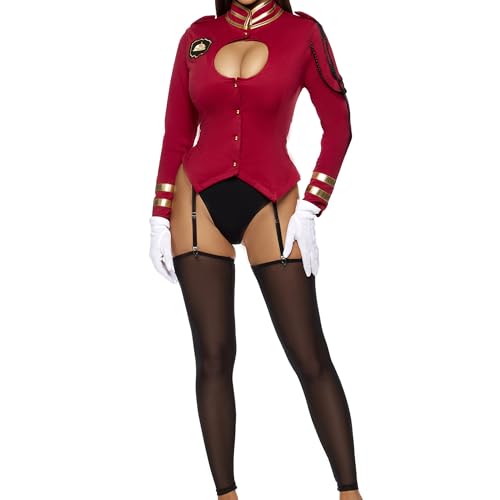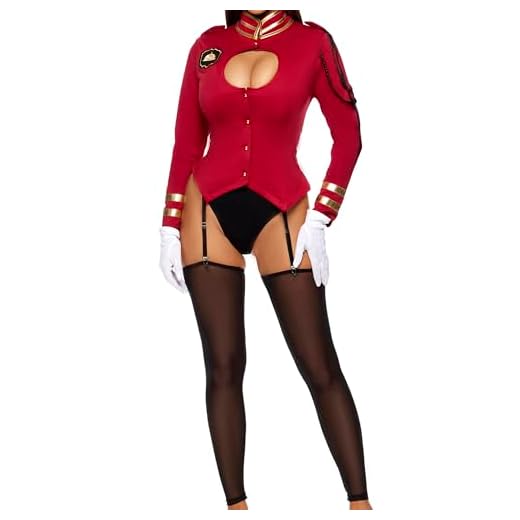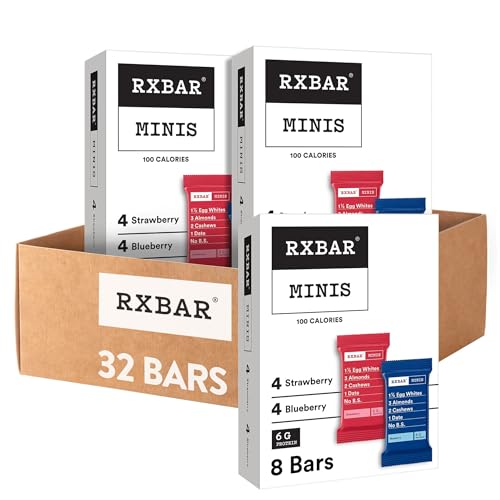At hotels, the professional responsible for managing guest belongings is often referred to as a bellhop or bellman. These individuals play a key role in ensuring a smooth arrival and departure experience for visitors.
When you arrive at your accommodation, it’s common for bellhops to greet you, assist with transportation of bags, and provide information about the property. Their presence adds an element of convenience and comfort for travelers who may need help navigating their new surroundings.
While the terminology may vary across regions and establishments, terms like “porters” or “luggage carriers” are also frequently used. Regardless of the title, their commitment to service remains a consistent aspect of the hospitality experience.
Luggage Assistant Terminology
A staff member responsible for transporting guest bags is often referred to as a bellhop or bellboy in various establishments. This title reflects their primary duty of assisting with baggage, ensuring a seamless check-in and check-out experience.
In upscale venues, they might also be known as concierge attendants, highlighting their role in providing a broader range of guest services beyond just handling luggage.
In some regions, the term “portiere” is utilized, particularly in European contexts, which may align more closely with traditional hospitality practices.
When seeking assistance, it is customary to address these professionals directly by their given roles, as it can foster a more personal and respectful interaction.
Understanding the Role of a Hotel Porter
Efficiency and attention to detail define the responsibilities of a bellhop. Key duties encompass greeting guests upon arrival, assisting with bags, and guiding them to their rooms. Knowledge of the property layout enhances the guest experience significantly.
Communication skills are essential for engaging with guests and addressing their requests or inquiries promptly. Porters must coordinate with housekeeping and front desk personnel, ensuring seamless service delivery.
Additionally, a bellman often provides information about local attractions, dining options, and transportation, acting as a valuable resource for visitors. Problem-solving skills come into play when managing unforeseen situations, ensuring guest satisfaction at all times.
Physical stamina proves important, as the role can require lifting and transporting heavy items. A commitment to maintaining a neat appearance and the ability to work under pressure further contribute to professional success in this position.
Common Terminology for Luggage Handlers
Understanding terms used in the hospitality industry for individuals who manage baggage can enhance communication and service quality. Some commonly used words include:
Bellhop
This term refers to staff members who assist guests with their bags and escort them to their rooms. Bellhops are often the first point of contact upon a guest’s arrival.
Concierge
While primarily focused on guest services, concierges may also help with luggage arrangements, offering an additional level of assistance and ensuring a smooth transition for visitors.
Another noteworthy term is “gravity”; an informal reference for attendants who handle heavier items or difficult loads, emphasizing strength and efficiency. For practical advice on related topics, check out best advice for jealous dog.
Distinguishing Porters from Other Hotel Staff
Identify crew members by their unique responsibilities. Bellhops manage baggage and assist guests upon arrival and departure. They may also operate transportation within the premises, while receptionists create reservations and handle check-ins. Understanding these distinctions aids in effective communication and service delivery.
When encountering staff, note title badges and attire. Porters often wear specific uniforms indicating their role. They may be observed actively assisting guests with personal belongings, indicating their primary function focuses on guest convenience.
Consider the following table for clarity in roles:
| Role | Main Responsibilities |
|---|---|
| Bellhop | Handles baggage, leads guests to their rooms, provides directions. |
| Concierge | Offers information and services on local attractions, dining, and activities. |
| Front Desk Clerk | Processes check-ins and check-outs, manages reservations, handles guest inquiries. |
| Housekeeping Staff | Responsible for room cleanliness, maintenance of public areas, providing linens and toiletries. |
Familiarizing yourself with these roles fosters smoother interactions, enhancing the overall guest experience. Recognizing how each position contributes to operational success plays a key role in effective service navigation.
Service Expectations from a Hospitality Attendant
Guests should anticipate a high level of service from a hospitality attendant. Essential responsibilities include:
- Assisting with bags and personal items, ensuring they are handled with care.
- Providing a warm welcome upon arrival, offering personalized greetings.
- Acquainting guests with amenities and services available within the establishment.
- Assisting with check-in procedures, coordinating with reception staff as needed.
Communication skills are crucial; an effective outgoing staff member should convey information clearly and respectfully. Guests expect:
- Active listening to understand specific needs.
- Knowledge of local attractions and dining options for recommendations.
Timeliness is non-negotiable; guests value swift delivery of services. An establishment should aim for:
- Prompt responses to requests for assistance.
- Efficient baggage retrieval and delivery to accommodations.
Professional appearance is equally important. A uniformed and well-groomed individual instills confidence and trust. Lastly, attitude and demeanor play a significant role; displaying:
- Courtesy and friendliness in all interactions.
- A positive attitude while addressing guest inquiries or concerns.
Overall, the expectation from this role encompasses a blend of service, efficiency, and knowledge, ensuring a memorable and enjoyable experience for all visitors.
Tips for Interacting with Porters at Hotels
Always greet staff with a smile; it sets a positive tone for the interaction. Recognize their efforts with a friendly attitude. Show appreciation for their assistance, as a simple thank you can go a long way in building rapport.
Clarify your expectations upfront. Let them know how many bags or items you have and request assistance accordingly. This transparency can enhance the efficiency of the service and help you avoid misunderstandings.
Offer a small gratuity if you’re pleased with the service. Typically, a few dollars per bag is standard, but adjust based on your satisfaction and the complexity of the service provided.
If you need specific items from your bags, such as an umbrella, ask them directly. For instance, you might say, “Could you please bring my umbrella?” This ensures you get what you need without any back-and-forth.
When checking out, consider asking for your belongings early to streamline your departure. This gives them adequate time to fetch your items without causing you delays.
Be mindful of their busy periods, especially during check-in or check-out times. Patience is appreciated during these rushes, and waiting a moment shows understanding of their workload.
If you’re traveling with specialized equipment, such as for skiing, consider asking for recommendations on the best hydration backpack for skiing to keep you equipped during your stay, or request guidance on the best umbrella designs for rain to prepare for unpredictable weather.
Being polite, respectful, and clear in your requests will enhance your overall experience and foster good relationships with the staff who serve you. Engage positively and consider their expertise; they often have valuable tips for enjoying your stay.
Gratuity Norms for Hotel Porters
Typically, tipping for bag-handlers ranges from $1 to $5 per suitcase. Consider the amount of effort involved in transporting items and the complexity of your stay.
Factors Influencing Tips
- Location: Major cities or luxury accommodations may warrant higher amounts.
- Service Quality: Exceptional assistance deserves more appreciation.
- Number of Bags: More items can increase the tip amount.
- Length of Stay: Consistent service throughout your visit might suggest a larger gratuity.
Best Practices for Tipping
- Carry small bills to facilitate tipping without hassle.
- Hand tips directly to the individual to personalize the gratitude.
- Check for any included fees or policies regarding gratuity in your accommodations.
- Consider local customs, as tipping norms vary by destination.
Properly acknowledging the efforts of staff not only provides encouragement for continued excellent service but also fosters a positive atmosphere during your stay.
FAQ:
What do you call someone who carries luggage in a hotel?
The person who carries luggage in a hotel is commonly referred to as a porter or bellhop. Their role involves assisting guests with their bags, showing them to their rooms, and providing any necessary information about the hotel facilities.
Are porters in hotels expected to provide additional services?
Yes, besides carrying luggage, hotel porters often help guests with check-in, provide directions within the hotel, and sometimes offer recommendations for local attractions. They play a crucial role in enhancing the guest experience during their stay.
What is the difference between a bellman and a porter?
The terms “bellman” and “porter” are often used interchangeably, but there can be slight distinctions based on the hotel’s terminology. A bellman usually refers to someone specifically responsible for managing luggage and delivering items to rooms, while a porter may have broader responsibilities that include general assistance throughout the hotel.
Is it customary to tip hotel porters? If so, how much?
Yes, it is customary to tip hotel porters for their services. The typical range for tipping might be between $1 to $5 per bag, depending on the level of service provided and the complexity of the tasks. If the porter assists with special requests or provides additional information, a higher tip can be appropriate.
What qualifications or skills are required to be a hotel porter?
To be a successful hotel porter, individuals typically need good physical fitness, strong communication skills, and a friendly demeanor. Experience in customer service is also advantageous, as porters interact closely with guests. Familiarity with the hotel’s layout and local attractions can further enhance their effectiveness in the role.








